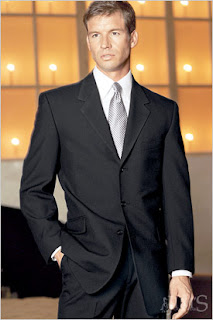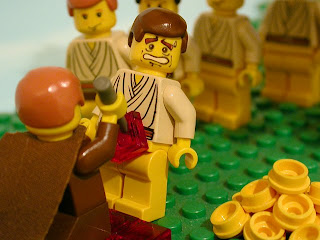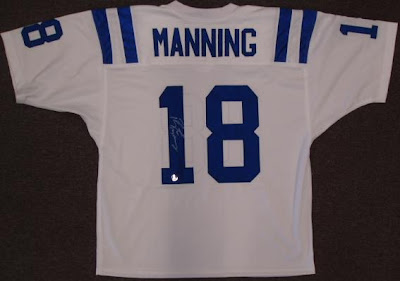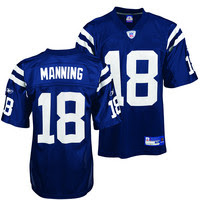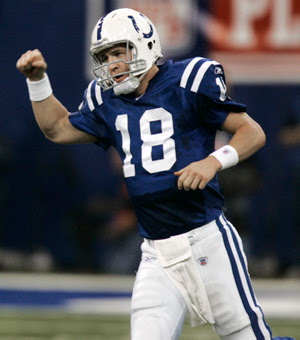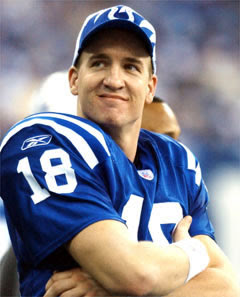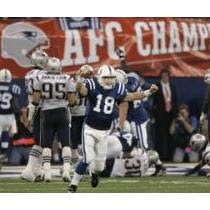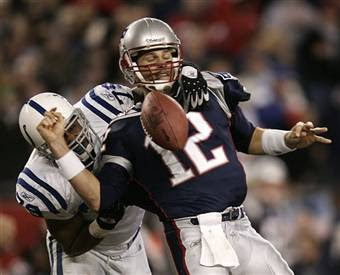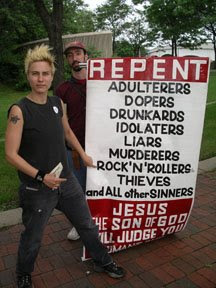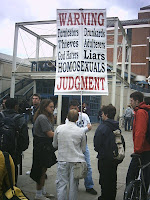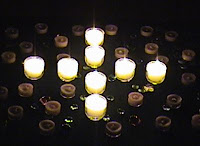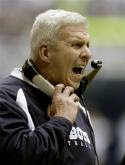 You may have noticed the football news of the last week – Dallas Cowboy’s football coach, Bill Parcells, announced his retirement after 19 years as a head coach in the NFL (Google: Parcell’s Retirement for more on this…) Chief among reasons for the retirement was that he was tired – not so much physically, but mentally. Too tired mentally to be able to make it through the grind that is a 12 month, 365 day, 20 hour/day job.
You may have noticed the football news of the last week – Dallas Cowboy’s football coach, Bill Parcells, announced his retirement after 19 years as a head coach in the NFL (Google: Parcell’s Retirement for more on this…) Chief among reasons for the retirement was that he was tired – not so much physically, but mentally. Too tired mentally to be able to make it through the grind that is a 12 month, 365 day, 20 hour/day job.
Some had speculated that having to deal with Terrell Owens had played a role in Parcell’s retirement, believing that T.O.’s on-the-field inconsistency (15 dropped passes, most in the NFL this year,) coupled with his griping about how he was not being thrown to enough (though he had over 150 passes thrown his way,) on top of his much chronicled off-the-field issues, had driven Parcells from the game. He denied it. Bob Knight’s Take
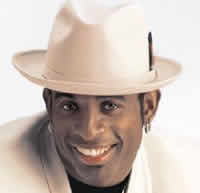 Today, I was watching the NFL Network, as I am want to do occasionally, esp. on my day off. One of the regular segments is hosted in a barbershop by Deion Sanders. Reference: Barbershop: the Movie The premise of the segment is that the gentlemen (the barbers & their clients) debate current events happening in the sporting world, mostly about the NFL. Today, Bill Parcell’s retirement was discussed by the guys in the shop – & Parcell’s retirement was seen as a positive for T.O.’s football career; it was stated that Parcell’s had been overtly working to keep T.O. from achieving to his potential. Really? Some other gems:
Today, I was watching the NFL Network, as I am want to do occasionally, esp. on my day off. One of the regular segments is hosted in a barbershop by Deion Sanders. Reference: Barbershop: the Movie The premise of the segment is that the gentlemen (the barbers & their clients) debate current events happening in the sporting world, mostly about the NFL. Today, Bill Parcell’s retirement was discussed by the guys in the shop – & Parcell’s retirement was seen as a positive for T.O.’s football career; it was stated that Parcell’s had been overtly working to keep T.O. from achieving to his potential. Really? Some other gems:
“Now that Parcell’s is gone, T.O. gets to be himself.”
“hopefully the next coach will make sure that T.O. gets utilized like the player he is” instead of “being neglected and stigmatized.”
“I’m not saying it’s a racism thing, but you know…”
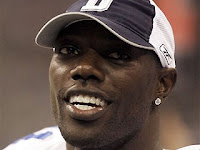 Racism? When is refusing to give special treatment to a jerk, racism? Is it when the people having the discussion are of the same color as the misunderstood athlete? Under what circumstances, if any, would T.O.’s behavior be considered inappropriate? Are we really believing that the Man is still keeping T.O. down & is responsible for the kind of year that T.O. had? It seems way too easy to play the proverbial race card anytime someone of color does something dumb & their coach (or someone else who is of another color) calls them on it. It is merely a way to avoid personal responsibility, & ends up distracting us from situations where real racism is happening. Please.
Racism? When is refusing to give special treatment to a jerk, racism? Is it when the people having the discussion are of the same color as the misunderstood athlete? Under what circumstances, if any, would T.O.’s behavior be considered inappropriate? Are we really believing that the Man is still keeping T.O. down & is responsible for the kind of year that T.O. had? It seems way too easy to play the proverbial race card anytime someone of color does something dumb & their coach (or someone else who is of another color) calls them on it. It is merely a way to avoid personal responsibility, & ends up distracting us from situations where real racism is happening. Please.
The highlight of the segment for me was when Deion Sanders referred to the upcoming Super Bowl, where both of the teams have “African-American” head coaches. This means that the winning team of Super Bowl XLI will have an “African-American” head coach. One of the barbers snorted & replied: “African? Don’t give me African. They BROTHERS. They BLACK!”
Nicely stated.
